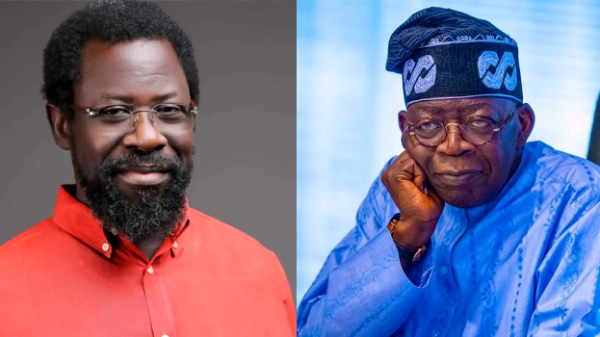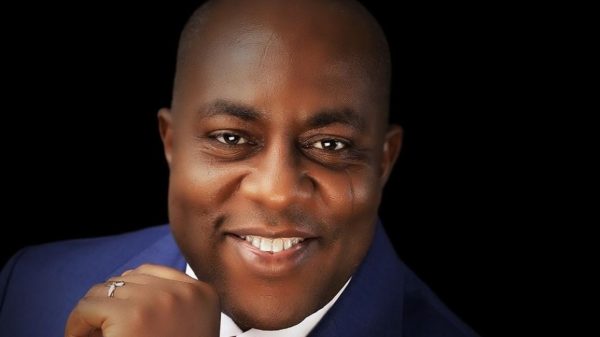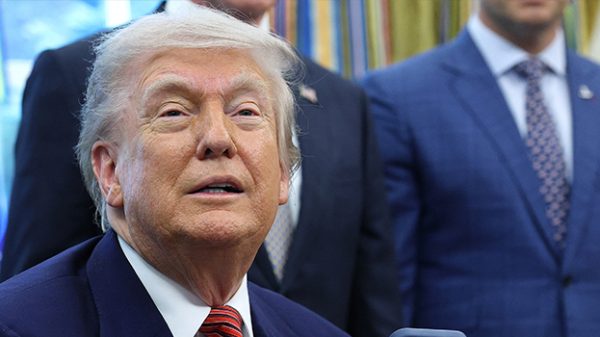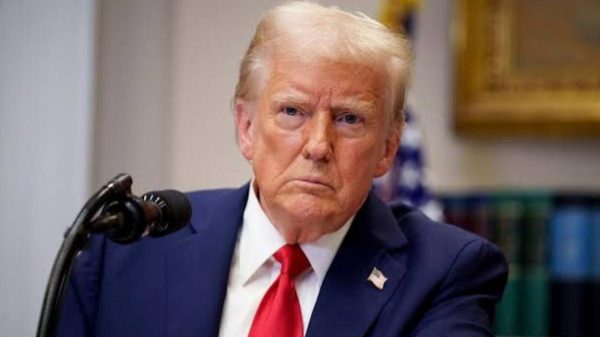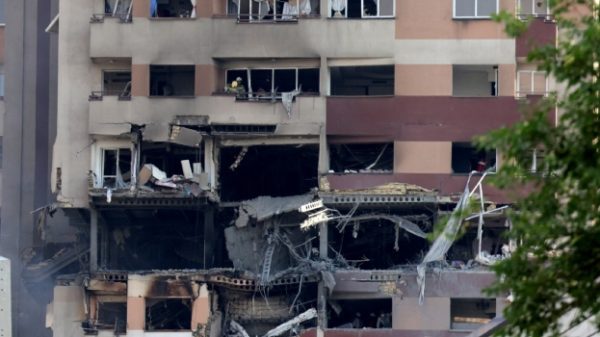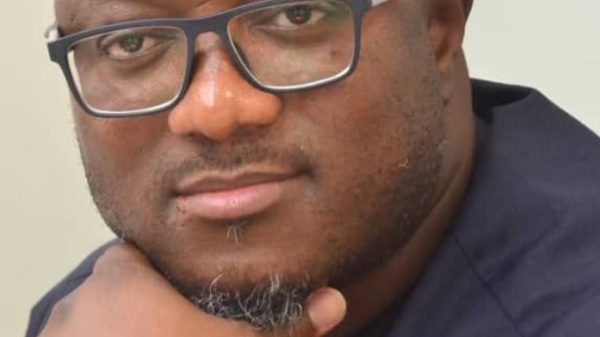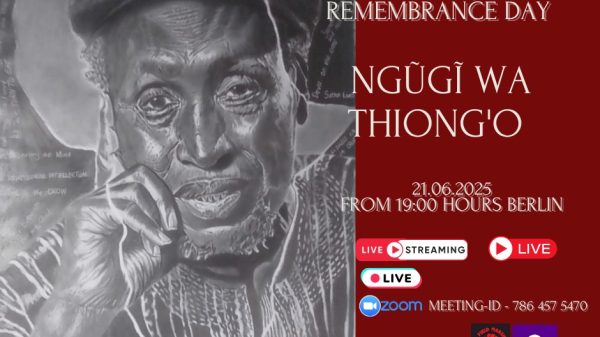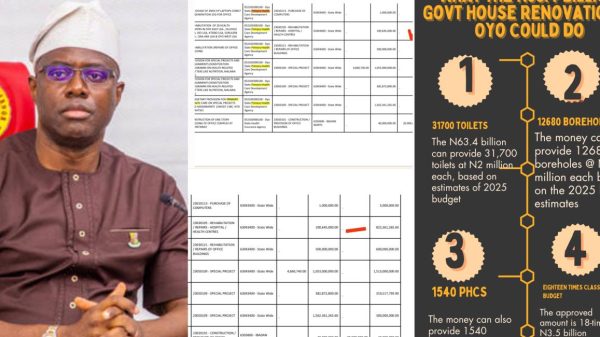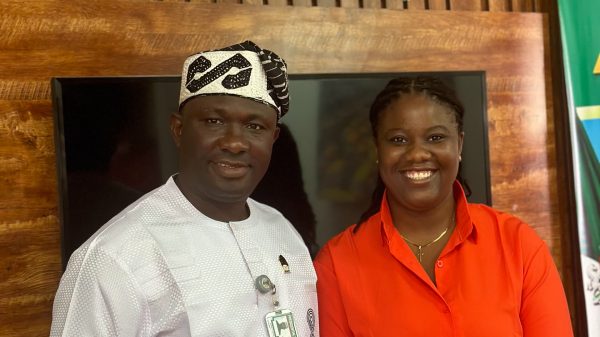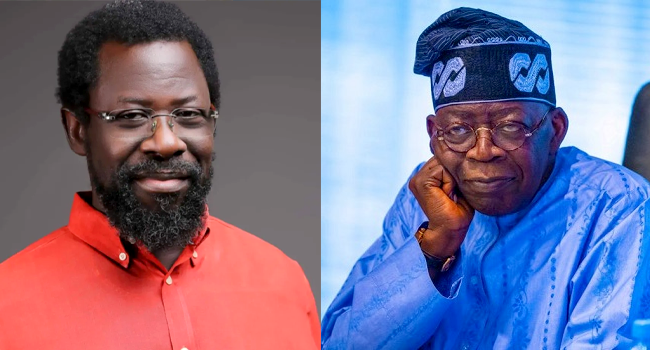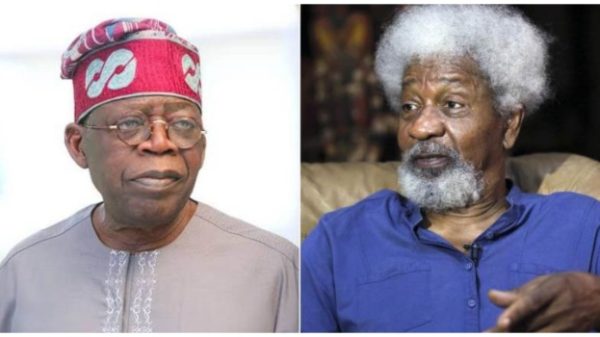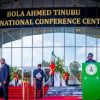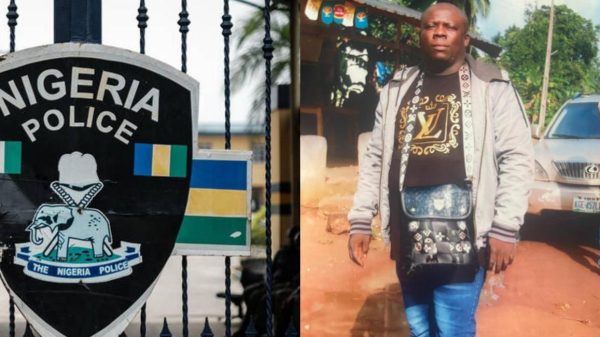Human rights lawyer and activist Dele Farotimi has heavily criticised President Bola Tinubu’s recent visit to Benue State, describing it as “unfeeling” and politically motivated amid ongoing massacres by suspected herdsmen.
Speaking on The Morning Brief on Channels Television, Farotimi said, “It would have been better if the president didn’t go.” He added that Tinubu’s remarks during the visit gave the impression that he was “preparing for a campaign rally” rather than acknowledging the sorrow of a mourning state.
Benue, known as Nigeria’s food basket, has been plagued by violent attacks from suspected herdsmen for years. In the last two months alone, over 160 residents were reported dead across several communities.
The most recent massacre occurred in Yelewata, where over 59 people were confirmed dead by government sources, while civil groups claim the figure may be as high as 200. The attack also displaced more than 3,000 people overnight.
During his Wednesday visit to Makurdi, the Benue State capital, President Tinubu urged security agencies to end the killings and apprehend the culprits. However, critics argue that the president’s tone and presence did little to reflect the gravity of the situation.
Farotimi lamented that Tinubu’s visit appeared staged for political optics rather than offering real consolation or solutions. “The only thing worthy of anybody’s time was the words of the Tor Tiv,” he said, referring to the paramount ruler of the Tiv people, James Ayatse.
Tor Tiv V had addressed the president directly, labelling the violence as a “calculated, well-planned, full-scale genocidal invasion and land grabbing campaign by herder terrorists and bandits.” His blunt assessment, according to Farotimi, stood in sharp contrast to the president’s speech, which lacked depth or urgency.
“In Benue, they knew exactly what was of importance to the president, so they ensured they put up the necessary theatre for 2027,” Farotimi added, implying that Tinubu’s focus was more on political positioning than humanitarian concern.
“The death of over 200 people did not count much; they were mentioned only in passing,” he said. “You would have been excused to think it was a political event. It was more or less that they went to dance on the graves of some who may not even be identified.”
Farotimi further emphasised the role of the state in protecting its citizens: “The primary reason the state exists is to protect lives and property. We’ve almost lost our capacity to be shocked.”
He concluded with a call to action: “Let the state begin to protect the lives and property of the citizens.”
The president’s visit, initially intended to douse tensions, has instead drawn sharp backlash from activists, community leaders, and civil society groups, who say more tangible actions are needed to curb the unending violence in Benue and other affected regions.
The global community has also taken notice. Pope Leo XIV recently condemned the killings, calling them a “terrible massacre,” and appealed for swift justice and humanitarian relief.
With public trust eroding and criticism mounting, observers now await whether the federal government will move beyond rhetoric and take firm steps to address the violencetearing through Nigeria’s Middle Belt.



